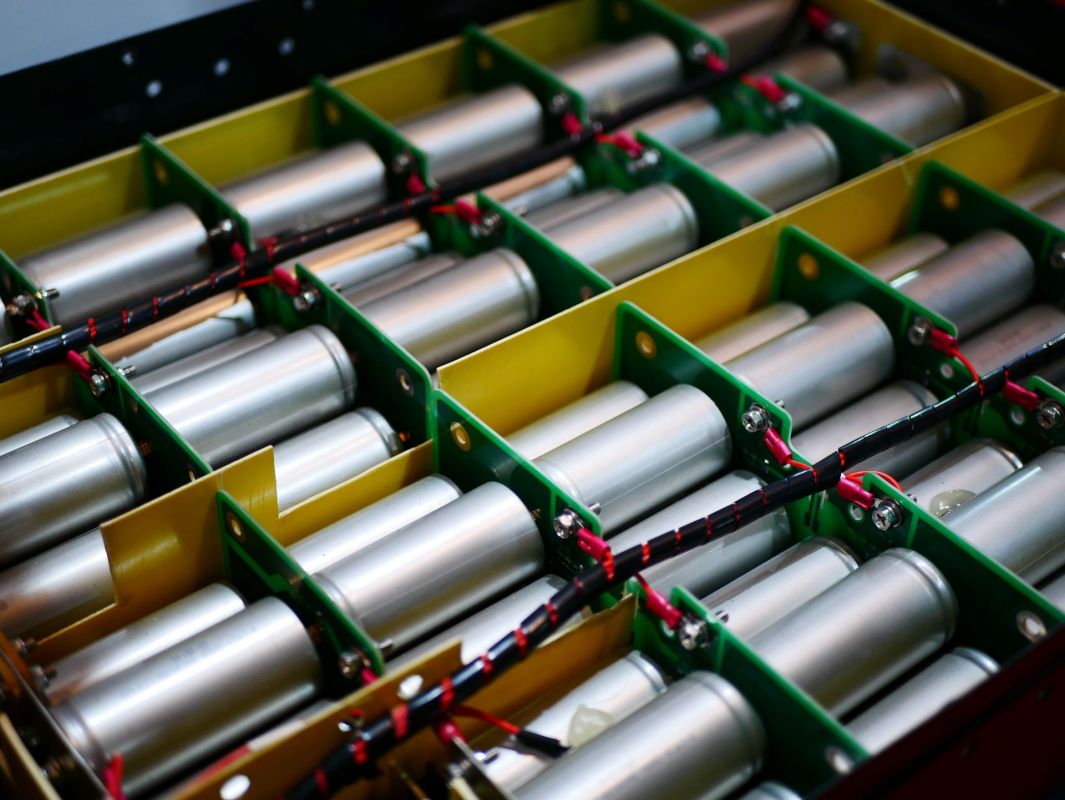In May, Interplex, a leader in e-mobility solutions, introduced its groundbreaking new technology for electric vehicle (EV) battery current collectors at The Battery Show in Stuttgart, Germany. It's called Cell-PLX™, and it's based on a weld-less click-on arrangement.
This is an exciting development because EVs are inarguably better for the environment than gas-powered vehicles. However, the lithium-ion batteries that power them have a fairly significant negative environmental impact.
The batteries use rare and precious minerals like lithium, cobalt, manganese, nickel, and graphite, whose mining processes negatively affect the environment. Further, the manufacturing process of EV batteries also comes with sustainability issues and impedes conservation efforts and the shift toward clean energy.
By applying its interconnected, click-on system, Interplex eliminates the need for traditional welding methods currently used on EV batteries. It offers an efficient, cost-effective, and revolutionary solution to the problematic manufacturing and assembly processes of EV batteries.
Randy Tan, Product Portfolio Director at Interplex, said in a press release, "There are two important objectives that EV manufacturers, their battery suppliers, and technology partners need to address — rising costs and sustainability."
Specifically, he states that EV batteries need to be straightforward to replace when not functioning properly and be made as easy to recycle as possible, as this is another issue with today's EV batteries.
EV batteries currently require aluminum to be permanently welded to the terminal attachments, making it extremely difficult and expensive to access the battery pack for it to be recycled.
On behalf of Interplex, Tan further stated, "Our Cell-PLX™ interconnect platform automates the battery interconnection process — a high-volume solution that will deliver substantial time and cost savings. It also offers significant recycling and cell replacement advantages, which can positively impact the environment."
This technology is an electrifying step toward EVs being even more sustainable and solving some of the problems that cause people to hesitate in making the switch to electric transportation. We need all the help we can get if we're going to get more of them on the road faster and reach the Biden Administration's goal of carbon-free transportation.
As to when this might happen? Hopefully, soon. While the battery is ready for mass production, it is still patent-pending with no set release date.
Join our free newsletter for cool news and actionable info that makes it easy to help yourself while helping the planet.









